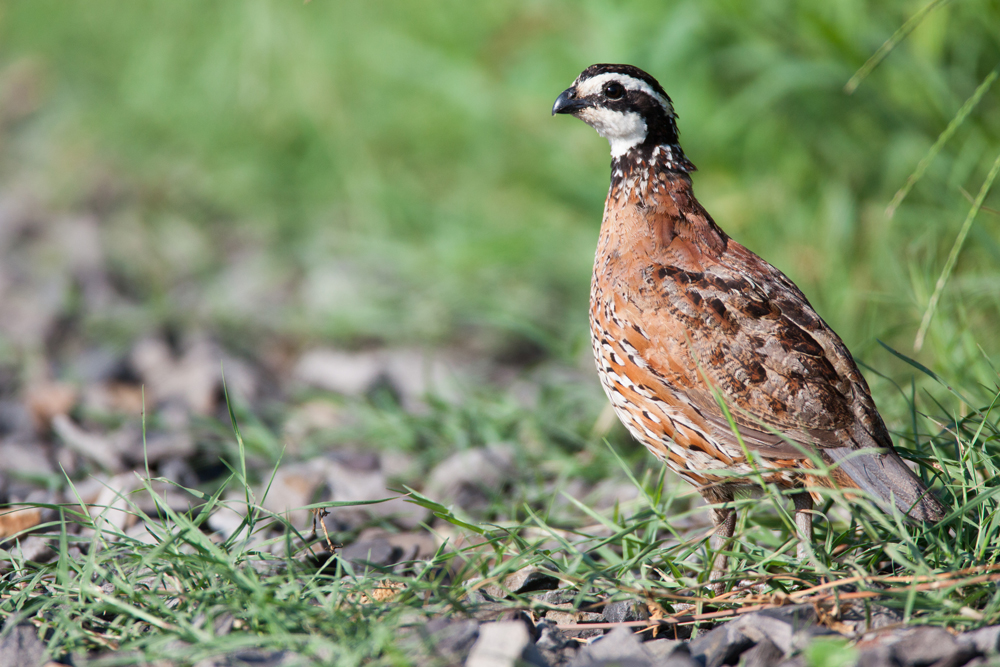Texas Tech’s Wildlife Toxicology Lab recently unveiled a new tool in the fight against quail parasitism. The university’s Mobile Parasite Lab (MPL) is, as its name suggests, a self-contained laboratory on wheels that can be deployed to areas where game managers suspect quail have been infected with eyeworms or cecal worms, with results given almost immediately.
The lab’s rollout took place June 27 at the famed Rolling Plains Quail Research Ranch in Roby, Texas. The MPL features a complete molecular laboratory capable of detecting the DNA of eyeworms and cecal worms in quail. When an outbreak is suspected, a game manager can contact the toxicology lab, and the MPL will be directed to the area. Once there, researchers can examine fecal samples from the quail—alive or dead—and verify whether the parasites are present.
Not only is the lab capable of on-site examinations, it can spit out the findings while there as well. Samples can be analyzed and reported on within two hours, providing managers with an estimate of how heavily infected the quail was with the two species of worm.
The new lab is part of a two-pronged approach at defeating the nematode parasites. The MPL will be used in conjunction with a medicated quail feed, soon to be released, that will treat for the worms.
Rolling Plains was a fitting location for the event. The Wildlife Toxicology Lab has received more than $1.6 million in researching funding from the Rolling Plains Quail Research Foundation, Park Cities Quail, and the Texas A&M Agrilife Extension Service, aimed at determining what is causing northern bobwhite populations to decline.

